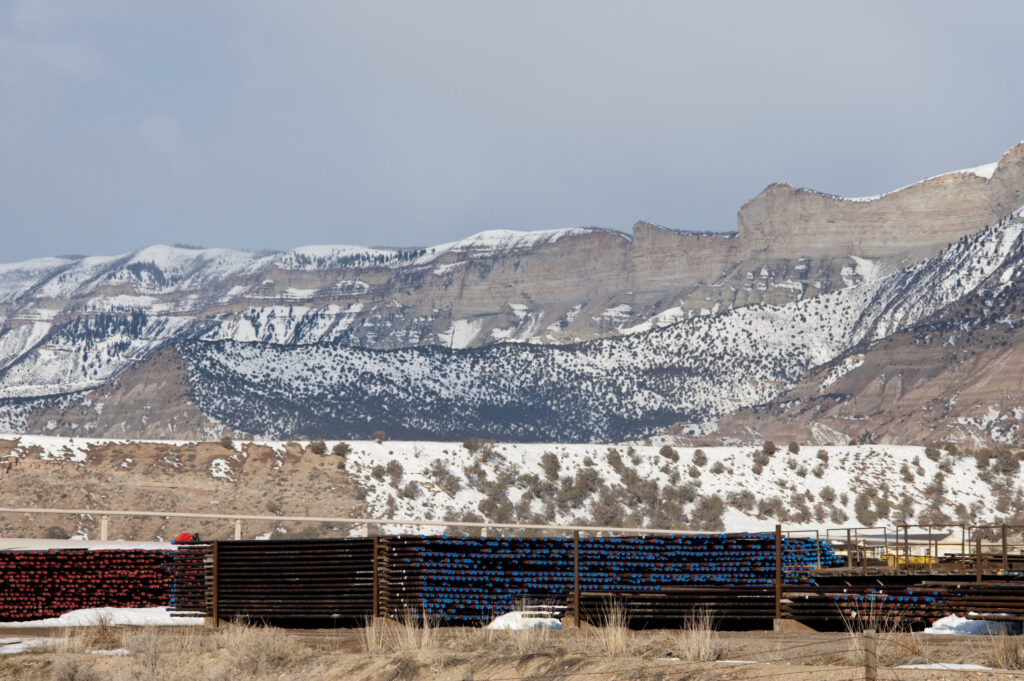Editor’s Note: First-term state Rep. Yeulin Willett (R-Grand Junction) serves on the House Judiciary Committee. He is also a member of the Legislative Legal Services Committee, the Colorado Bar Association Board of Governors, and the Uniform Law Commission.
Burnett: Over Democratic Gov. John Hickenlooper’s objections, Colorado Attorney General Cynthia Coffman, a Republican, joined 26 other states in their challenge of the Obama administration’s Clean Power Plan in court. Do you support the suit?
Willett: I fully support the attorney general’s challenge to the so-called Clean Power Plan. Colorado’s court system upheld our attorney general’s independence, and then our federal court system did its job when the U.S. Supreme Court issued a stay of the plan. A good string of courts and lawyers have had our backs recently. In sum, with so much conflicting data and the constitutionality of the Clean Power Plan in question, it seems fiscally irresponsible to commit taxpayer dollars to this process.
Burnett: Hickenlooper and the legislature had a conflict over whether Colorado’s Department of Public Health and Environment should continue to develop a state plan to comply with the federal Clean Power Plan after the Supreme Court’s stay on it was issued, what happened?
Willett: It took final court rulings to protect the people from bureaucratic and federal overreach. It also took action by Republicans in the state legislature to protect taxpayer dollars, by stripping the money from the Department of Public Health and Environment to end its pursuit of a state plan to implement the Clean Power Plan. Our rural and energy-dependent areas are at great risk from these attacks in our “purple” state. It’s incredible environmentalists covet taxes generated by energy production but won’t recognize the need to support our modernized and clean traditional energy sectors.
Burnett: Recently, the Colorado Supreme Court struck down Longmont’s fracking ban and Fort Collin’s fracking moratorium. Do you support the Supreme Court’s action?
Willett: Of course. Not only was it a good interpretation of our law, but [it produced] good policy as well. Colorado has the strictest oil and gas regulations in the nation, and the industry and state agencies make public safety the highest priority. History has proven the safety of the process. Fracking bans and moratoriums do not increase public safety, but [they] can have devastating effects on Colorado’s economy. We will now face a vigorous ballot-initiative process.
H. Sterling Burnett, Ph.D. ([email protected]) is a research fellow with The Heartland Institute.




